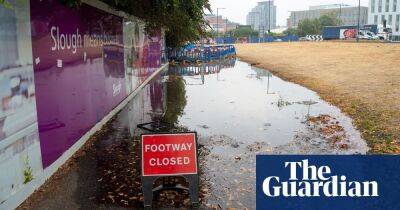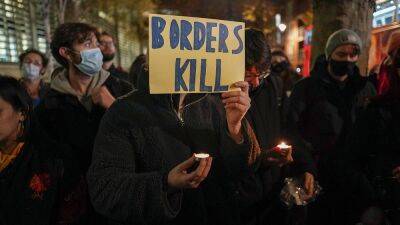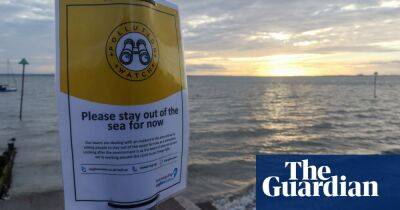Thanks to Brexit, I lost a €2.5m research grant. I fear for the future of UK science
In March, I was given a great scientific opportunity: a €2.5m grant from the European Research Council (ERC) to study how disease-causing bacteria swap genes with each other to become more infective, or evade treatments such as antibiotics. The ERC advanced grant is a very prestigious award, and it meant that I and the scientists at my lab at Imperial College London could finally get to work on questions and experiments we had been planning for the past few years.
But just a few weeks later I was informed that the funding was in jeopardy. Because the UK failed to negotiate an agreement to remain in the EU’s Horizon Europe funding programme – which it had previously committed to doing – my grant, along with those of 142 other UK-based scientists, couldn’t be taken up in this country.
This posed an enormous problem. I began speaking with EU-based universities about moving the research programme, but there are eight to 10 other scientists working under me in my own lab, and I am the current director of the UK’s MRC Centre for Molecular Bacteriology and Infection. Scientists work in deeply connected networks of collaborators and institutions, and moving to France or Spain, even part-time, would disrupt much more than just this one research project.
Ultimately I did not move, and so I lost the money. This was very painful. It still hurts. The UK government has indicated it will provide replacement funding through its own research and innovation scheme, but it is not yet fully clear if it will match all the terms of the ERC programmes – the prestige, the flexibility, the connections. As it stands, this part of our research is stalled until we are sure we have the kind of stability one needs to do science. I know some others made
Read more on theguardian.com








![Avalanche [AVAX] bulls can steer through this bearish breakout](https://finance-news.co/storage/thumbs_400/img/2022/8/20/37850_zbev.jpg)












